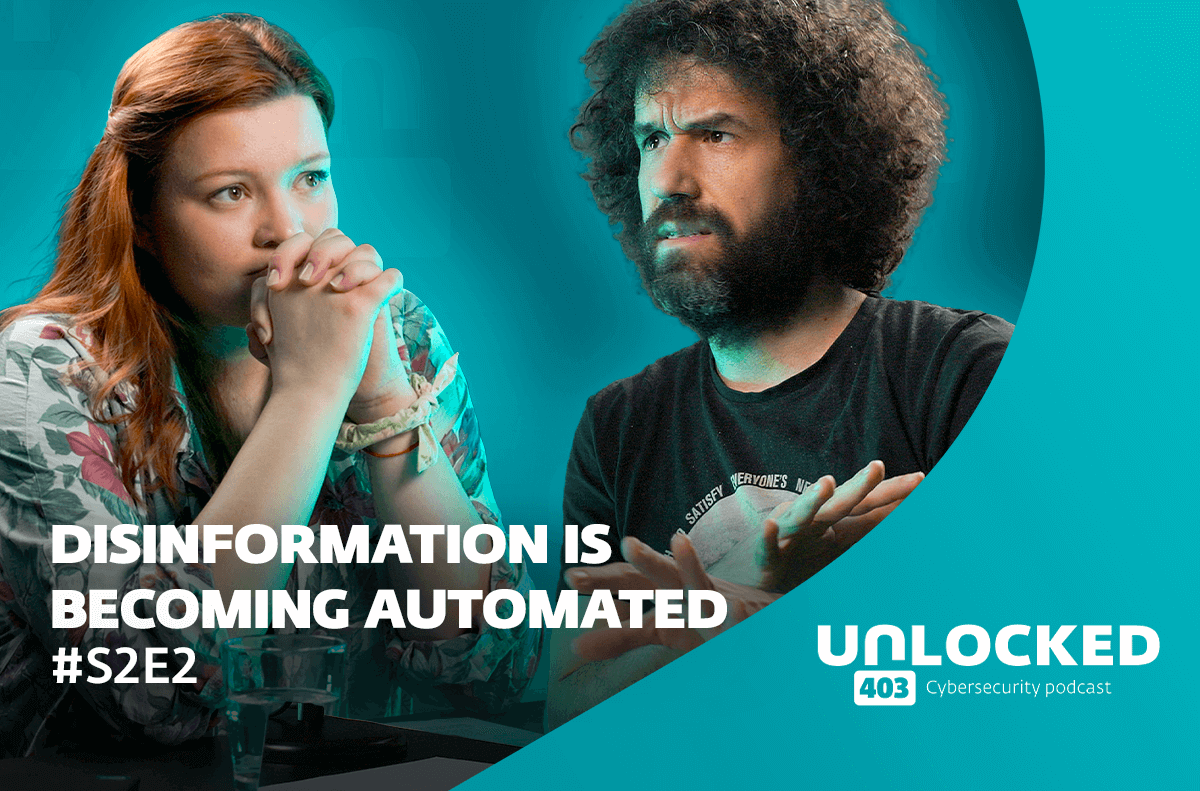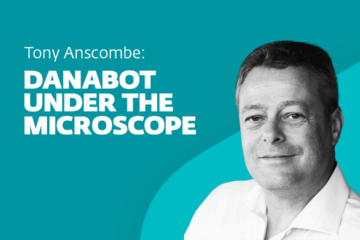Have you ever stopped to think about why false information spreads faster than the truth? Join us for an in-depth discussion on the impact of disinformation and how we can combat this critical challenge in our digital world.
12 May 2025
It often feels like online disinformation is an overwhelming force, with real-world consequences, as seen in events like the Pizzagate conspiracy theory from 2016. Why, years later, do we still easily believe and share false news and conspiracy theories that can be not only untrue but also harmful?
On this episode of Unlocked 403, host Becks speaks with Jakub Šimko, a lead researcher at the Kempelen Institute of Intelligent Technologies (KInIT), delving into the topic of why humans are susceptible to false narratives and the intricate relationship between social media platforms and human psychology that contributes to the rapid spread of misinformation.
How do falsehoods gain momentum and go viral? What is it about our brains that makes us prone to believing and sharing misinformation? Which topics attract the most attention, and how are disinformation tactics evolving?
The discussion also touches on potential solutions and the role of AI in combating disinformation. The episode includes a quiz to test your critical thinking skills in identifying deepfakes. Stay tuned for practical advice on navigating the complex online information landscape.
Connect with us on Facebook, X, LinkedIn and Instagram.



